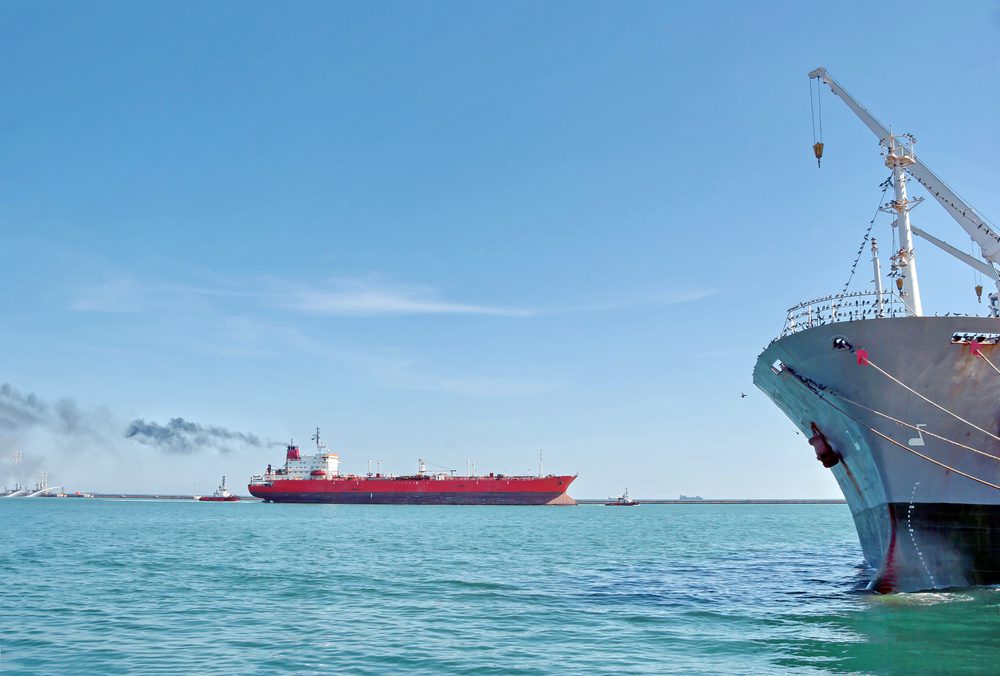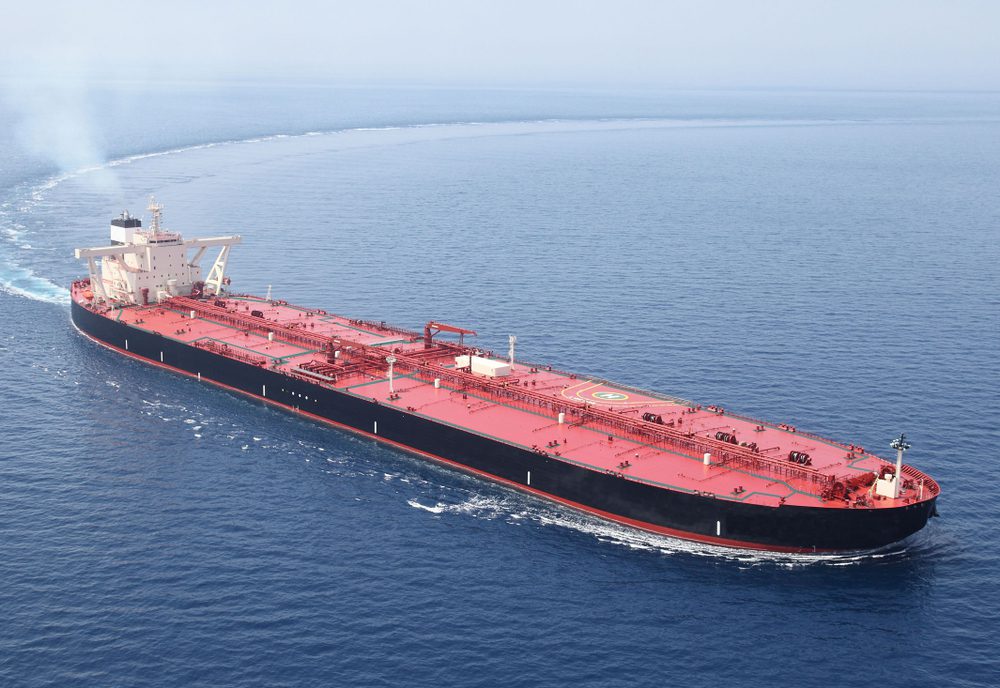 By Libby George
By Libby George
LONDON, Dec 18 (Reuters) – Shipping firms operating in northern Europe will not get the full benefit of plunging oil prices as they face higher fuel costs and potential insurance problems from sulphur regulations coming into force early next year.
Shipping companies and industry watchers also say that moving to a low sulphur fuel that is around two thirds more costly than the current standard will drive some companies to skirt the rules, putting those who do comply at a major disadvantage.
“The total costs for all will go up, despite the drop in prices, because you are about to burn much more expensive bunkers,” Chief Shipping Analyst Peter Sand with industry association BIMCO told the Reuters Global Oil Forum this week.
Under European Union rules from Jan. 1, all ships operating in the North Sea, Baltic Sea and English Channel will have to use a fuel with a maximum sulphur content of 0.1 percent, against 1 percent currently.
While the change has been years in coming, Sand and others in the industry say there are still shippers who will find it hard to follow the rules, which can increase costs as much as $20,000 per round trip from the Baltic to Europe.
Others say that relatively low fines and expectations of spotty enforcement in Europe also undercut the preparations from some segments of the industry.
“That’s a quantum leap downward in sulphur emissions,” said Stephen Harris, senior vice president of the marine practice at Marsh, a global insurance broker. “We knew it was headed this way…but ship owners can’t adapt their entire fleet in two years.”
Ferry company DFDS Seaways spent three years and roughly 100 euros million retrofitting its ships with scrubbers – devices that allow them to capture sulphur burned from fuels that would not otherwise be allowed.
It has cut three passenger routes this year as a result.
“The sulphur rules have contributed directly to these closures,” DFDS chief executive Niels Smedegaard. “We are hit hard by this.”
For vessels travelling through Europe that do not have scrubbers, which are the majority, there is no uniform specification for the 0.1 “marine gasoil” most will use.
This means that fuels that comply with the rules could react differently in individual engines, and should be tested extensively before use – something the largest companies have spent years and millions of dollars doing.
The process of switching engines from higher sulphur fuels, which run at far higher temperatures, to 0.1, also requires careful protocols.
Experts say ships that try to comply at the last minute could lose power in the choppy, highly trafficked waters leading into Europe.
This happened to a string of vessels off the California coast when that state made the switch to low sulphur fuels in 2009.
“If you approach the same loss of power by percentage…you’re going to have one ship every three days have a loss of power,” said Robin Meech, the head of Marine and Energy Consulting Limited.
“Everybody dismisses this. But when we get the first ship floating around for a day or two in a major shipping channel, people will care.”
According to Harris, insurers are adding contract clauses that require ships to have such protocols in place.
But the longer term could bring bigger problems; the more highly refined marine gasoil leaves engine deposits that over time can cause clogging and even failure. Insurers are only beginning to digest this, but it could lead to widespread claims and more costs.
“This is the stuff of litigation,” Harris said. “We won’t know how big of a problem it is until we start to see these claims.” (Additional reporting by Jonathan Saul; Editing by Michael Urquhart)
© 2014 Thomson Reuters. All rights reserved.

 Join The Club
Join The Club











